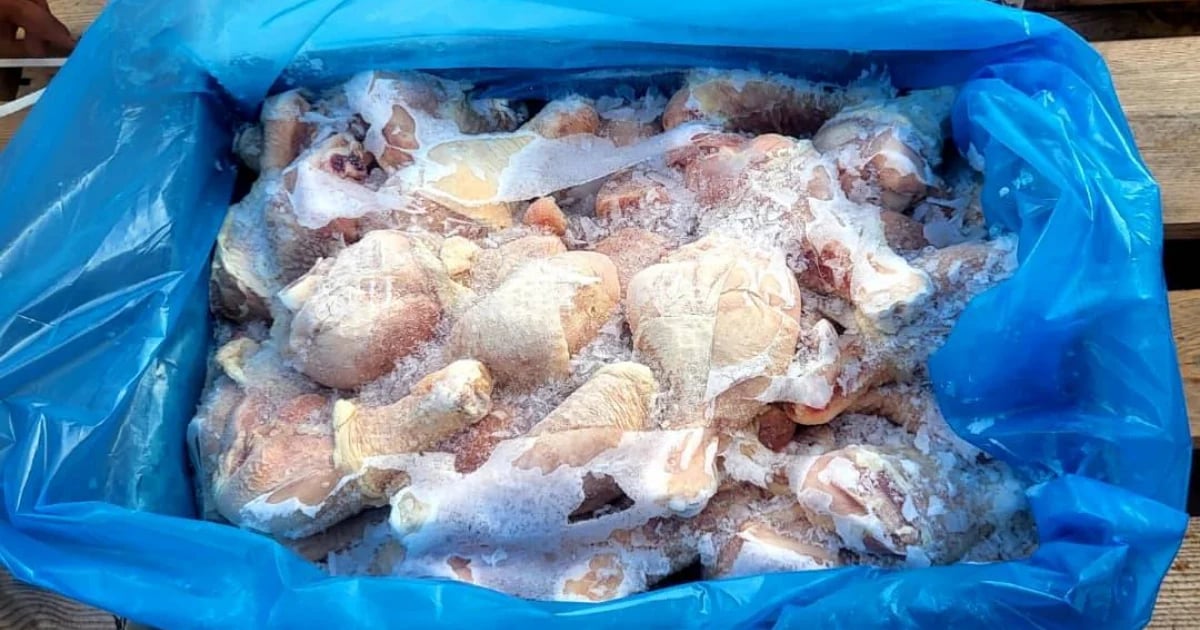
The Cuban regime confirmed on Tuesday that it has approved the regulation to temporarily establish maximum prices for a group of essential products sold by non-state management forms.
The measure, announced to come into effect on July 1st, seemed like it was going to be forgotten, but just minutes ago the government assured that it maintains the idea despite repeated analysis amidst complaints and unfruitful meetings, while the private sector waits expectantly and the population drifts in the sea of inflation.
According to the official journalist Lázaro Manuel Alonso, the Deputy Minister of Finance and Prices in the country, Lourdes Rodríguez Ruiz, clarified from the social network Facebook that "the measure did not come into effect this Monday due to the need to continue exchanges with economic actors regarding the realities they face in their importation, transportation, and commercialization processes, as well as to address public opinion."
Likewise, he revealed that to date "more than 3400 meetings have been held with self-employed workers, the National Association of Small Farmers, and representatives of SMEs on the issue, but it is necessary to continue them to build a fair consensus, both for marketers and consumers."
He added that Deputy Minister Rodríguez acknowledged that "the proposed prices are not the desired ones," but "take into account the real costs for economic actors."
The news comes shortly after - through Facebook - various state entities announced the decision not to implement the changes, due to the analysis and exchanges between government representatives and non-state management forms, while pointing out the continuity of the dialogues.
"The analysis and exchanges with the FGNE continue until prices are agreed upon," stated a post from the Inspection Department of Pinar del Río on the social network, also informing that "the municipalities that published new prices based on the analyses conducted with these actors are no longer valid for implementation."
Reverting back in just a few hours only demonstrates the regime's blunders and constant improvisations.
The initiative aims to limit the maximum accepted costs for diced chicken, edible oil, powdered milk, sausage (or hot dogs as they are known on the island), pasta, and powdered detergent, whose new prices were disseminated by local administrations before backtracking and resuming dialogues.
According to the information released before the new regulations, those actors who violate the regulation will face sanctions of up to 8,000 CUP in fines and even the withdrawal of the corresponding licenses.
Since the first meetings of the Vice Minister with representatives of SMEs and the General Import Directorate of the Ministry of Foreign Trade, it has been controversial for small and medium-sized enterprises to adapt to the proposal, as they face daily the fluctuations of the informal exchange market, tax pressure, fuel shortages, which add to the instability of international prices.
Conceived as a mechanism to contain the pace of price growth, the measure seeks to halt the impact of inflation, which closed the month of May in Cuba at 31%; nearly 10 times higher than the 2.6% in Europe and the United States in that same month.
What do you think?
COMMENTFiled under: